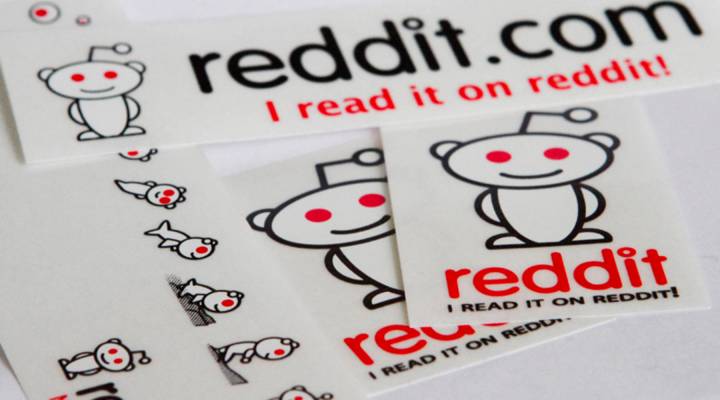
The anthropology of online communities

The idea of a social network isn’t new to anyone with an internet connection, and by now we’re used to interacting with friends and colleagues through Facebook, Instagram, Twitter, and other sites designed to help people keep in touch.
But how about the places on the internet where people can interact and connect with strangers? Communities can form online around specific interests, hobbies and goals, without any in person relationship at all, and sometimes without even using a real name.
Pseudononymous connections and friendships can form on blogging sites, like Tumblr. Or on discussion sites and online forums like Reddit, which bills itself as the “front page of the internet.”
Online communities often have their own rules and regulations, with self-enforcing moderators who may only rarely turn to the site administrators for help. Its part of the attraction for members, who are able to interact freely and deeply. But it’s often what gets sites into trouble — anonymity can enable harassment and inappropriate behavior.
What makes online communities — places where people come together to talk, socialize, and make friends through the internet — real? And what distinguishes an online community from a social network?
Christine Moellenberndt, anthropologist and community manager at Reddit, joined Marketplace Weekend to discuss online communities and how she studies their intricacies.
To listen to the full interview, tune in using the audio player above.
There’s a lot happening in the world. Through it all, Marketplace is here for you.
You rely on Marketplace to break down the world’s events and tell you how it affects you in a fact-based, approachable way. We rely on your financial support to keep making that possible.
Your donation today powers the independent journalism that you rely on. For just $5/month, you can help sustain Marketplace so we can keep reporting on the things that matter to you.












